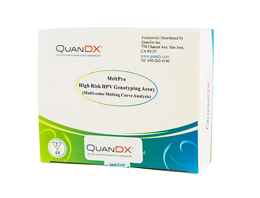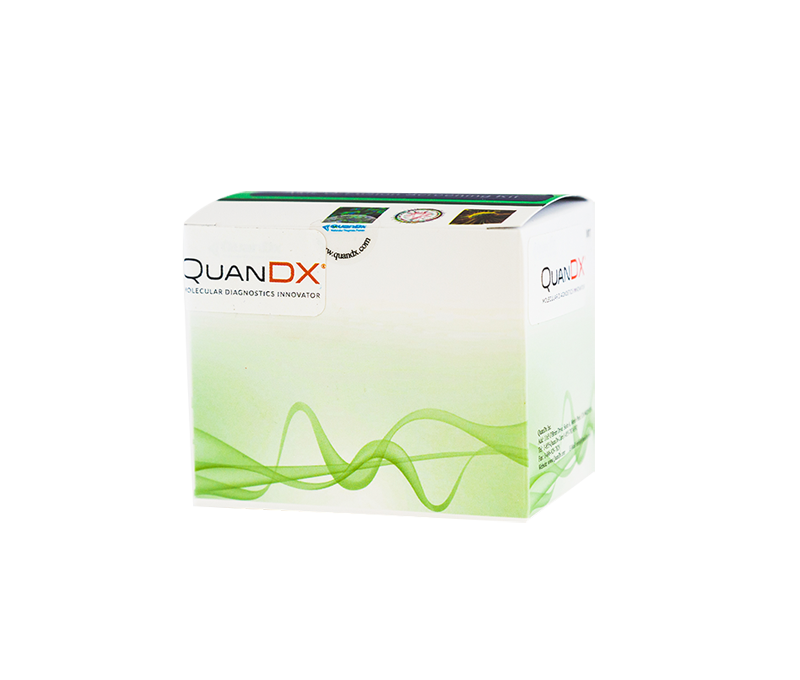
Professor of Pathology & Director, Laboratory for Clinical Genomics and Advanced Technology (CGAT)
Department of Pathology and Laboratory Medicine, Dartmouth-Hitchcock Medical Center & The Audrey and Theodor Geisel School of Medicine at Dartmouth - Hanover, New Hampshire, United States
“We were interested in a robust yet transportable assay to provide HPV screening for our global health initiative in Honduras. Laboratory testing in LMICs is limited by extreme environmental and physical facility challenges. We used the QuanDx High-Risk HPV Genotyping Assay on the ZeeSan SLAN-96S RT-PCR System to screen cervical swabs collected on women from a local Honduran factory and from a remote village. The multiplex assay, based on melt curve analysis, was very robust, compared extremely well to our LDT and the lyophilized reagents were not impacted by extreme ambient temperatures.”

Director of Molecular Pathology
Beijing, China
“Leukemia Fusion Gene (Q30) screening kit covers common and rare clinical fusion gene forms. It has high specificity, high detection sensibility, is easy to handle and the results are easy and simple to read. Compared to nested PCR, the operation and experience requirements of the laboratory personnel are relatively low. It greatly improves work efficiency.”

Molecular Haematology Operations Manager
London, UK
“We run the Q30 assay on all new acute leukaemia presentations, all suspected cases of CML and in cases of long standing eosinophilia to rule out FIP1L1-PDGFRA and TEL-PDGFRB translocations.// The main reason for using the Q30 over other assays is that it is a reliable and robust assay which provides more information than other comparable assays in a much more timely manner. We use it as part of our molecular work-up in all new cases of acute myeloid leukaemia, along with FLT3 and NPM1, and are committed to reporting the result within 48 hours. //Therefore, the Q30 assay is a vital tool for identifying translocations that are potential therapeutic targets and/or MRD markers, and as a means of stratifying patients, in conjunction with other assays that are part of the molecular work-up, so that they receive the most appropriate treatment..”

